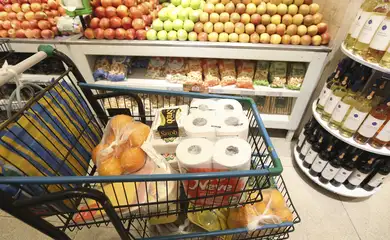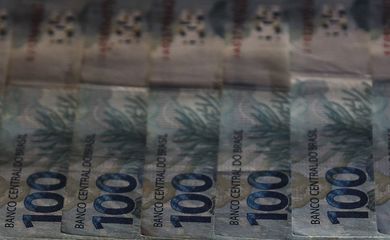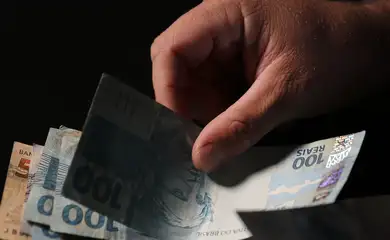Central Bank: Brazil sees signs of stabilization despite inflation

The head of Brazil’s Central Bank, Roberto Campos Neto, said today (Aug 15) that inflation in the country is “quite high,” adding, however, he sees signs of stabilization. Neto spoke at an online event organized by the Millienium Institute.

The effects of the government’s efforts to curb electricity and fuel prices have not gone unnoticed, Neto argued. However, in services, prices are still on the rise. “Services are crucial for the dynamics of inflation,” he pointed out.
In July, Brazil’s benchmark consumer index IPCA showed 0.68 percent deflation—the lowest rate in the time series started in 1980. Year to date, the indicator gauged by official statistics institute IBGE has reached 4.77 percent, and 10.07 percent in 12 months.
Neto also described inflation in the country as a reflection of the international landscape. “We have come to understand that the global inflation was going to contaminate Brazil. We had issues that were particular to Brazil, like the water crisis and some inflationary effects on food that were quite intense in Brazil,” he mentioned.
One of the factors that led to the generalized increase in prices, he went on, was the growth in demand for various products beyond the production capacity at the time. “When we thought that the bottleneck was due to supply, we saw that it wasn’t. It was due to demand,” he said.
However, Neto remarked, production chains have adjusted to the new demand level. “There was a big adjustment in production. Semiconductors, for example, have adjusted production considerably,” he said, referring to the components whose shortage brought great difficulties to several segments, including automakers.
For next year, the head of the Central Bank said the impact of the measures that slashed tax collection and raised government spending this year must be brought under scrutiny.






